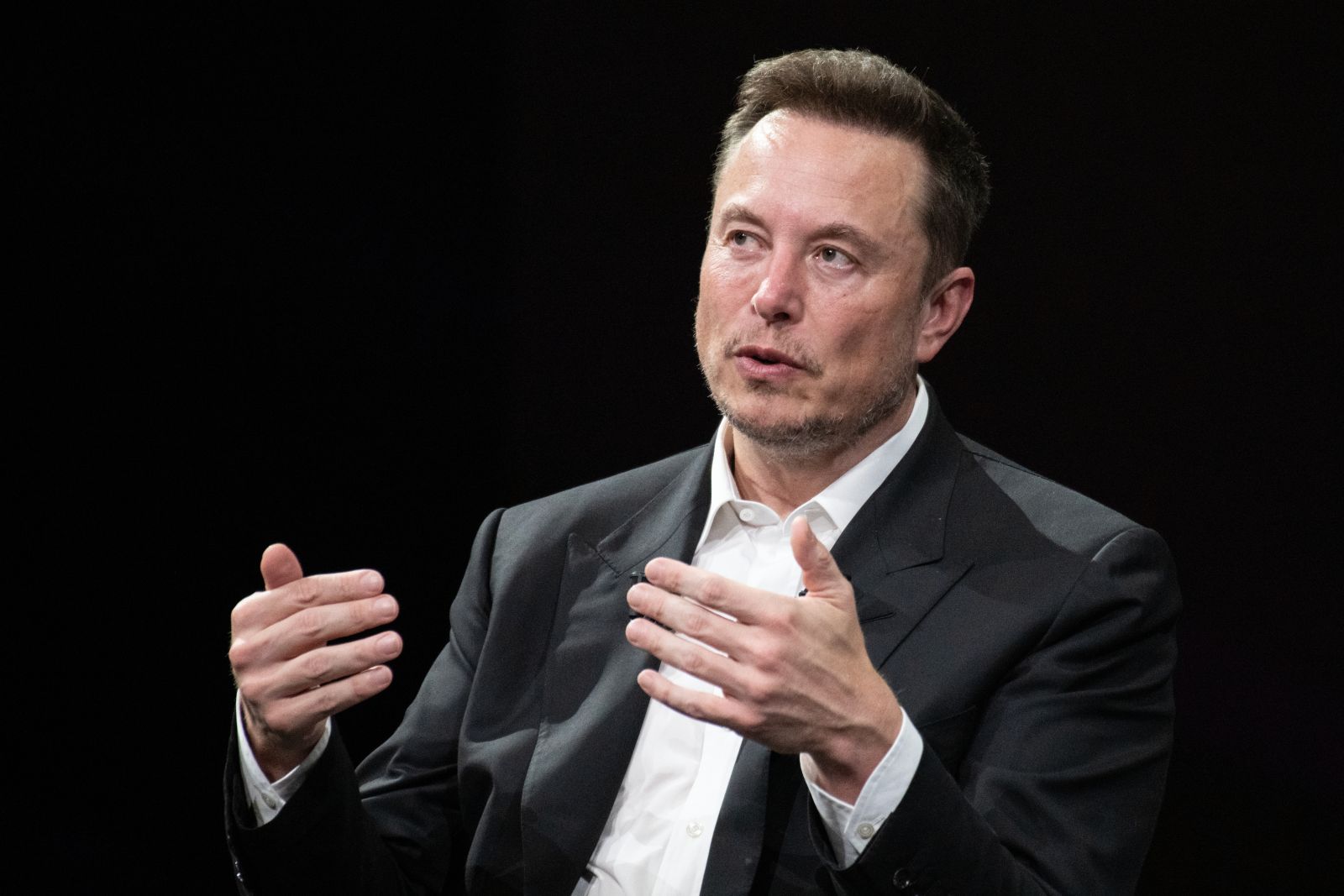Tesla CEO Elon Musk Has Been Paid ‘Zero for Seven Years, Despite Increasing the Value of the Company 2000%’

Elon Musk, CEO of Tesla (TSLA), recently spoke out about the compensation he has received for his work at the world’s most valuable EV manufacturer. Previously, Elon Musk was on track to receive one of the largest pay packages in corporate history after turning Tesla from a near-bankrupt obscurity into one of the most valuable companies in the world. Prior to the successful Model 3 ramp, most thought Tesla was guaranteed to go bankrupt. At one point, Elon Musk himself thought so, and even tried selling to Apple (AAPL) as the company was days away from going under. Despite this, Musk managed to turn the company around, and now it’s worth over $1 trillion.
Despite this miraculous turnaround and massive stock rally, Musk recently stated he has been paid “zero for seven years, despite increasing the value of the company >2000%,” highlighting a remarkable standoff over executive compensation at one of the world’s most valuable automakers. This claim, echoed in a recent tweet, exemplifies the ongoing saga involving a record-breaking pay package, legal battles in Delaware, and Tesla’s dramatic relocation to Texas.
Musk’s $56 Billion Pay Package: The Largest in Corporate History
In 2018, Tesla’s board and shareholders approved an unprecedented compensation plan for Musk, granting him 304 million stock options — valued at up to $56 billion — if he met a series of market capitalization and operational milestones. Musk achieved all targets by 2023, and at its peak, the package was worth as much as $146 billion, far surpassing any previous executive pay deal.
Despite overwhelming shareholder support — 84% of non-Musk shares voted to reapprove the package in June 2024 — a Delaware Chancery Court judge voided the deal, citing concerns that Tesla’s board was too closely aligned with Musk and failed to negotiate the package independently. The judge called the sum “unfathomable” and criticized the board as “supine servants of an overweening master.” The ruling was reaffirmed in December 2024.
The court’s decision left Musk with no realized compensation from Tesla for seven years, as he does not draw a salary and relies on stock-based awards tied to performance. The legal wrangling has kept the pay package in limbo, with Musk and Tesla appealing to the Delaware Supreme Court and exploring legislative workarounds.
Don’t Miss:
- Move over Netflix & Disney: This Pre-IPO Startup Is Unlocking $2 Trillion in IP & Licensing Revenue
- Global Content Battles Are Brewing — And This Pre-IPO Studio Just Raised $3.1M to Enter the Fight
Tesla’s Move from Delaware to Texas
Frustrated by the Delaware court’s repeated rejections, Tesla shifted its legal incorporation from Delaware to Texas in 2024. The move was a direct protest against the Delaware judiciary, with Musk openly criticizing the judge and the state’s legal framework. Tesla’s board has since formed a special committee to consider new ways to compensate Musk, potentially under Texas law, which could allow for a fresh pay package or alternative remuneration methods.
The ongoing dispute has delayed Tesla’s annual shareholder meeting and prompted the board to reassess its approach to executive compensation. Any new deal would likely be tied to future performance targets, but reissuing the previous options would trigger significant accounting and tax consequences for Tesla, since the original milestones have already been surpassed.
Financial Context
The scale of Musk’s contested pay package is so large that it exceeds Tesla’s total accumulated net income since inception. As of early 2025, Tesla’s all-time net income is still far below the $55 billion Musk is seeking, raising questions about the proportionality of executive compensation in relation to company profits.
Elon Musk’s claim of earning nothing for seven years as Tesla CEO is grounded in an extraordinary compensation dispute that has tested the limits of corporate governance, shareholder rights, and state legal systems. As Tesla awaits a final court decision and explores new pay structures in Texas, the outcome will have lasting implications for executive pay practices across corporate America.
On the date of publication, Caleb Naysmith did not have (either directly or indirectly) positions in any of the securities mentioned in this article. All information and data in this article is solely for informational purposes. For more information please view the Barchart Disclosure Policy here.

